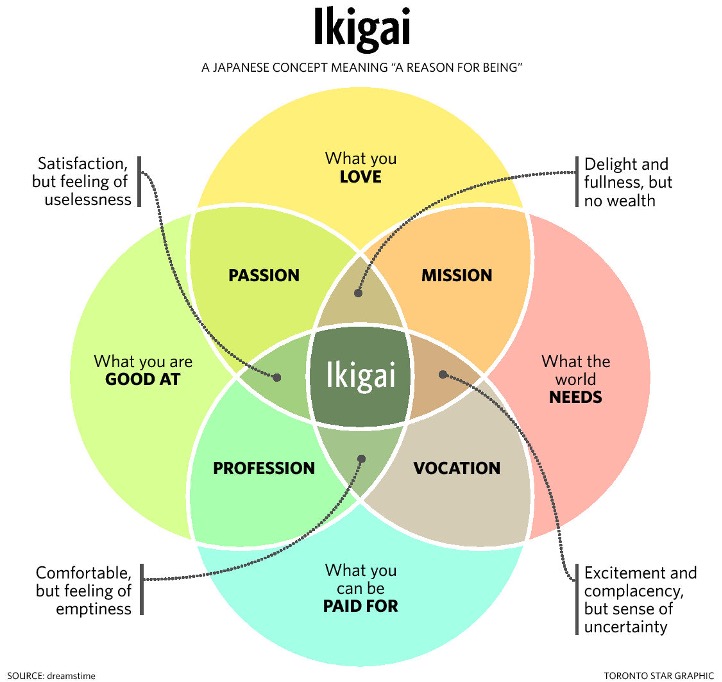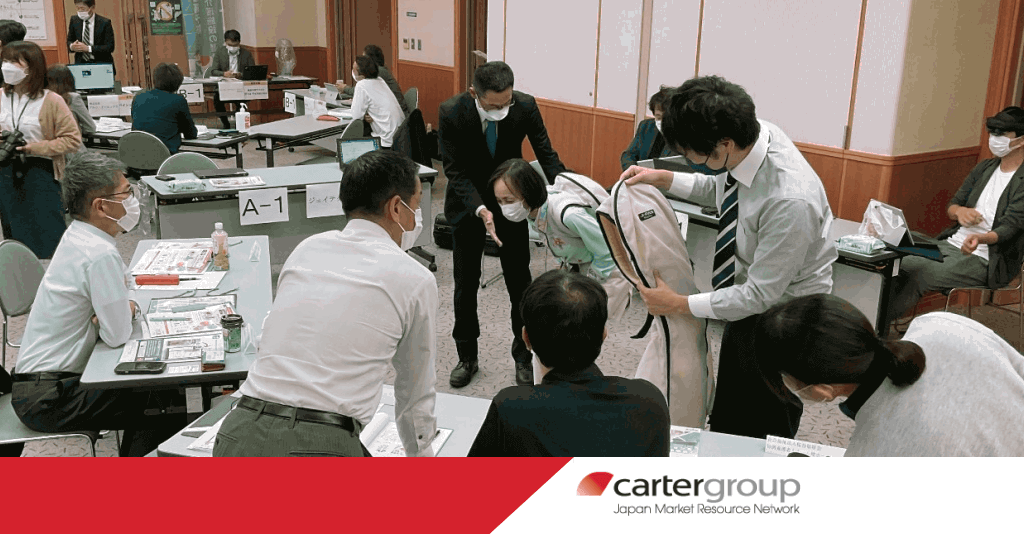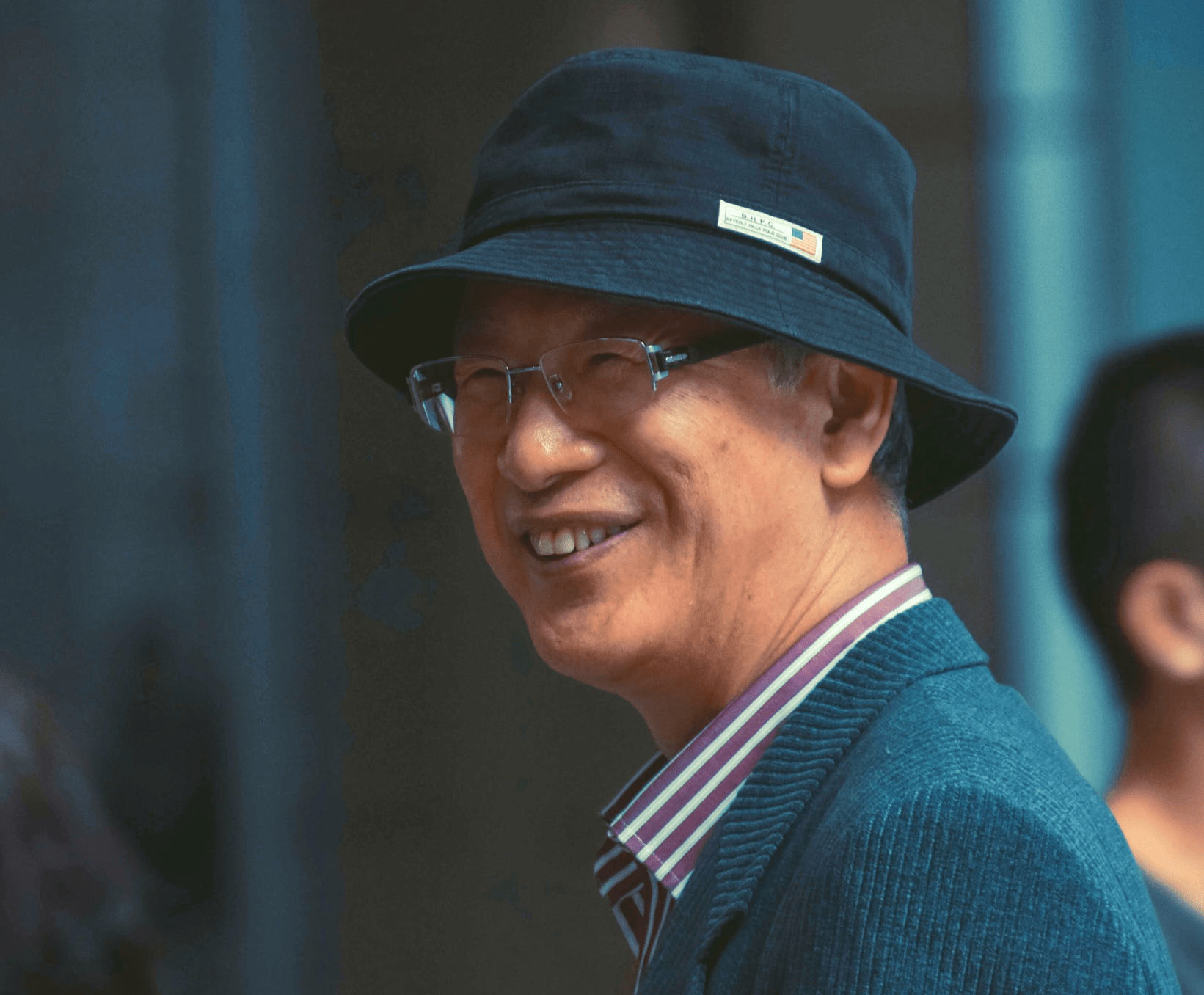While print media is still popular among seniors, more and more seniors are using the internet, smartphones, and social media to stay connected and informed.
Unmasking Japan | The Official Blog of CarterJMRN
Ageing and Generations
Consumer Insight Spotlight
Developing tech-enabled products and services that assist us as we age is a relatively new frontier. However, the vision of a world where people in advanced years can meaningfully
With more than 34 million people over the age of 65, Japan is the oldest country in the world, and it already feels the effects that many countries will
With right at 30% of its population aged over 65, Japan represents the largest global market for ageing-related technologies.
In Japanese culture, it is said that each person has an ikigai (生き甲斐, pronounced ee-kee-guy), or “path to life fulfilment” or “purpose for being.”
Featured Blog
Latest Blog

By now, some readers will have heard of the Japanese concept of ‘ikigai’ that is becoming popularized by bloggers and life-advisors in western...

CarterJMRN has been tracking daily social media use among the general public aged 16-69 via our Japan Consumer Sentiment Survey since 2017.

On many levels, Japan appears to ignore key elements of what westerners consider to comprise social modernity. One classic example is the profound...

Back in 2018 I published an article on LinkedIn titled, ‘Young and Careful: Japan’s Strangely Conservative Youth’. At the time of writing that...

With Covid-19 dealing a fatal blow to the economy, the information superhighway has provided a gateway for individuals and businesses in creatively responding to the crisis.









